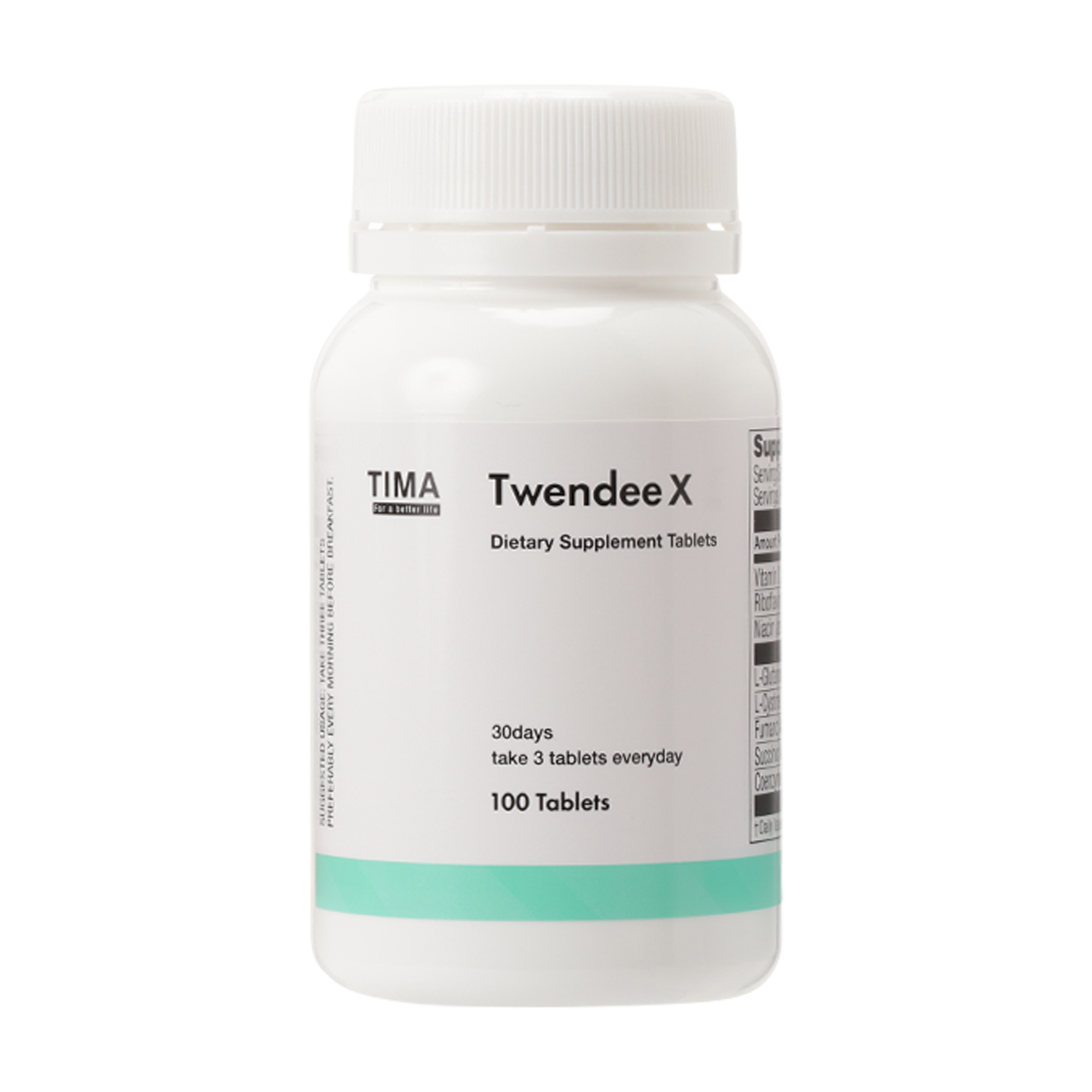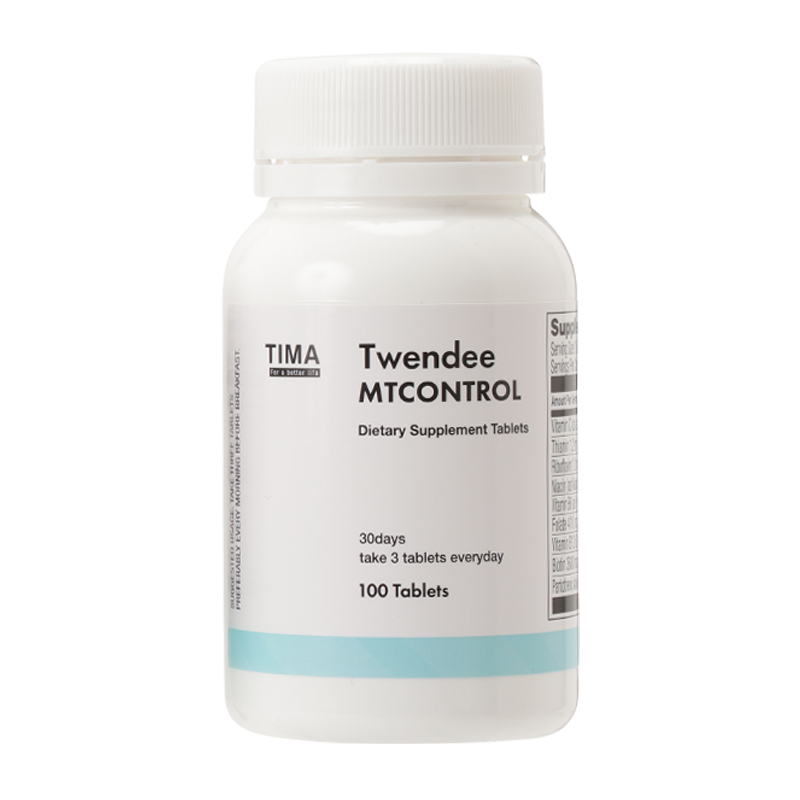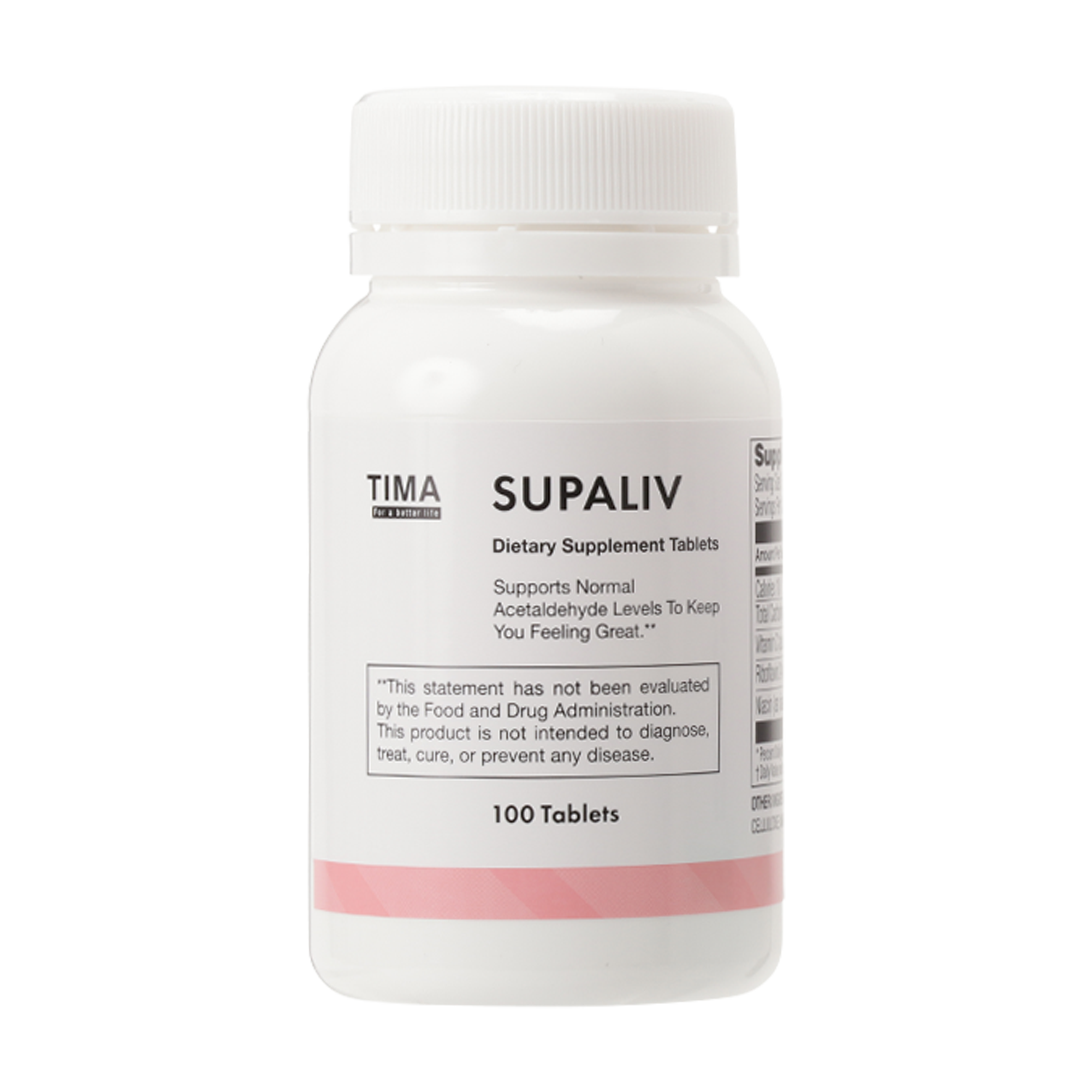Thesis on Oxidative Stress and "liver disease"
- Paper title
- Oxidative stress and antioxidants in hepatic pathogenesis.
- Abstract summary
- Long-term hepatitis B virus infection is a major risk factor in pathogenesis of chronic liver diseases, including hepatocellular carcinoma.
- Authors
- H. Ha, Hye-jun Shin, M. Feitelson, Dae-Yeul Yu
- Journal
- World Journal of Gastroenterology
- Semantic Scholar URL
- https://semanticscholar.org/paper/f7b590090984c4435b8ca080a9f647bdf4a79df3
- Abstract
-
Long term hepatitis B virus (HBV) infection is a major risk factor in pathogenesis of chronic liver diseases, including hepatocellular carcinoma (HCC).
The HBV encoded proteins, hepatitis B virus X protein and preS, appear to contribute importantly to the pathogenesis of HCC. Both are associated with oxidative stress, which can damage cellular molecules like lipids, proteins, and DNA during chronic infection.
Chronic alcohol use is another important factor that contributes to oxidative stress in the liver. Previous studies reported that treatment with antioxidants, such as curcumin, silymarin, green tea, and vitamins C and E, can protect DNA from damage and regulate liver pathogenesis-related cascades by reducing reactive oxygen species.
This review summarizes some of the relationships between oxidative stress and liver pathogenesis, focusing upon HBV and alcohol, and suggests antioxidant therapeutic approaches.








